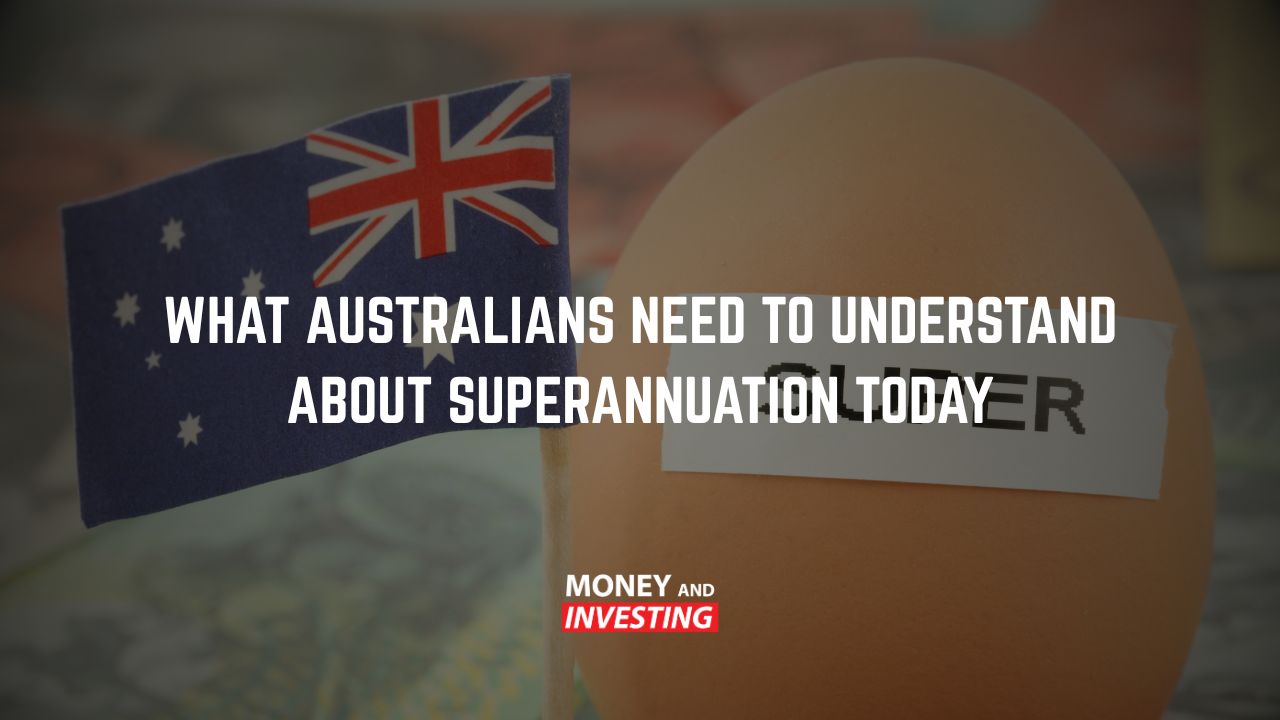Can You Be Too Kind To Your Kids?
It’s no secret that the property market in popular areas is very difficult to break into for first home buyers. Many parents are lending a hand to their kids in order to help them get a foot in the door, but sometimes is it cruel to be kind? Join us today as we have a look at some of the issues coming from loaning from the bank of Mum and Dad:
How Big is the Bank of Mum and Dad?
In Australia, there is estimated to be as much as $35 billion in loans from parents to their kids. Although the purposes may be mixed, the majority of that is based in the housing market, with the average gift being about $100,000 for a housing deposit. Host Andrew Baxter points out that sometimes it is cruel to be kind and helping too much is not necessarily helpful in the long run. What we leave behind for our kids is often at the forefront for parents, and very few hesitate to help their child when they need it. Is there such a thing as helping too much? Perhaps sometimes parents can be overzealous with making their childs’ lives too comfortable that they overshoot and end up preventing them from gaining valuable life experience.
The Risk of Interest Rates Increasing
It is a nice gesture of a parent to loan their child money to get a house, but as Host Andrew Baxter points out, the consequences could be sobering for those who are heavily geared. Interest rates are bound to go up over the next few months, and banks are already preparing for the potential consequences when they do. Those kids who have been given this money from their parents may have all of a sudden had their hands on a deposit, but at the same time interest rates were so low that they were able to service the mortgage repayments. Deposits have a two-fold purpose for banks. Firstly they are there to offer a lump sum for the bank to loan against, and secondly they are there to show fiscal responsibility of the loanee.
With interest rates set to go up – potentially aggressively, these repayments are bound to increase quite steeply for those with variable rates on their home loan and not everyone will be able to make their repayments. We should hope that the help offered by parents does not result in a defaulted mortgage.
The Harm of a Drop in Property Prices
With the way property prices have been going in heavily populated areas, it would be easy to think prices are simply never going to come down. The reality is that they will come down, and it is a matter of when and not if as some would have you believe. As a homeowner, there are problems that come along with price drops in the market even if you’re not looking to sell at the time. Host Andrew Baxter expertly points out that you can swiftly find yourself in a position where the debt owed to the lender is greater than the value of the property itself. This is called negative equity and it is a very scary prospect for those who are obligated to pay off a mortgage on a house that has lost value.
Usually these price drops coincide with higher interest rates as less people want to or are able to take out a mortgage when repayments increase. This is when we see a compounding impact and it is something to be mindful of when thinking about the size of a loan. It is times like these where parents and children who have become embroiled in a mortgage together need to sit down and strategize as to how they are going to tackle the issue.
Wages vs Property
One of the most topical Australian issues (particularly heading into the election) is property prices running rampant as wages sit stagnant. Co-host Mitch Olarenshaw points out that in 1970 the average house was purchased at about 4 times the value of the buyer’s yearly wage, while now it is closer to 14 times. This is one of the key issues facing young Australians trying to break into the housing market, likely the key driver in today’s overarching topic of increasing help from parents. The reality is that lending is not as responsible as it should be anymore, with banks granting loans where recipients are much more heavily geared and owe a great deal more than they used to.
The rampant property growth presents a major issue which is different from the issues faced from homebuyers say 30 years ago. Perhaps as well as money, you parents may be able to offer some guidance on how to tackle the housing market and manage your mortgage once you’ve taken the loan out.
Financial Literacy is Key
Making financial decisions based on emotion has never been known as a successful strategy. Host Andrew Baxter’s main advice for anyone is to become financially literate before putting yourself in positions where you may need to make critical financial decisions. There are multiple avenues to explore for advice but sometimes trying to help someone mightn’t actually be the right thing. After all, the biggest risk in life is the one you don’t know about.



